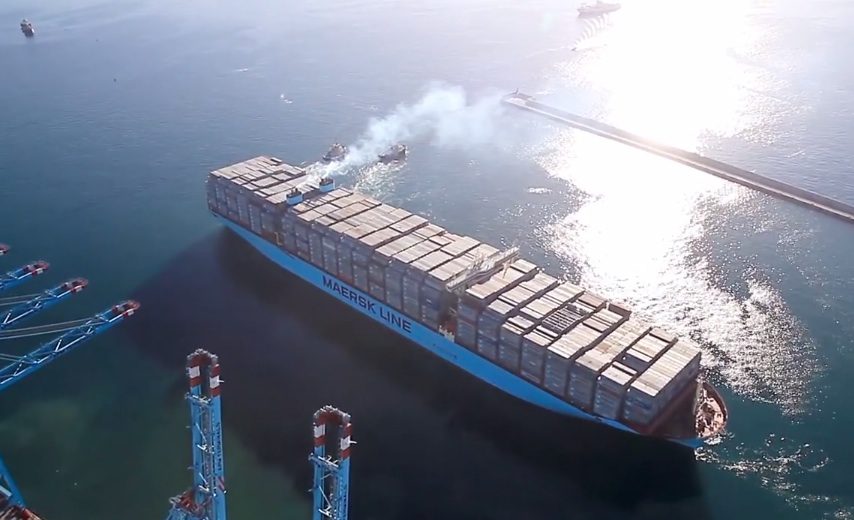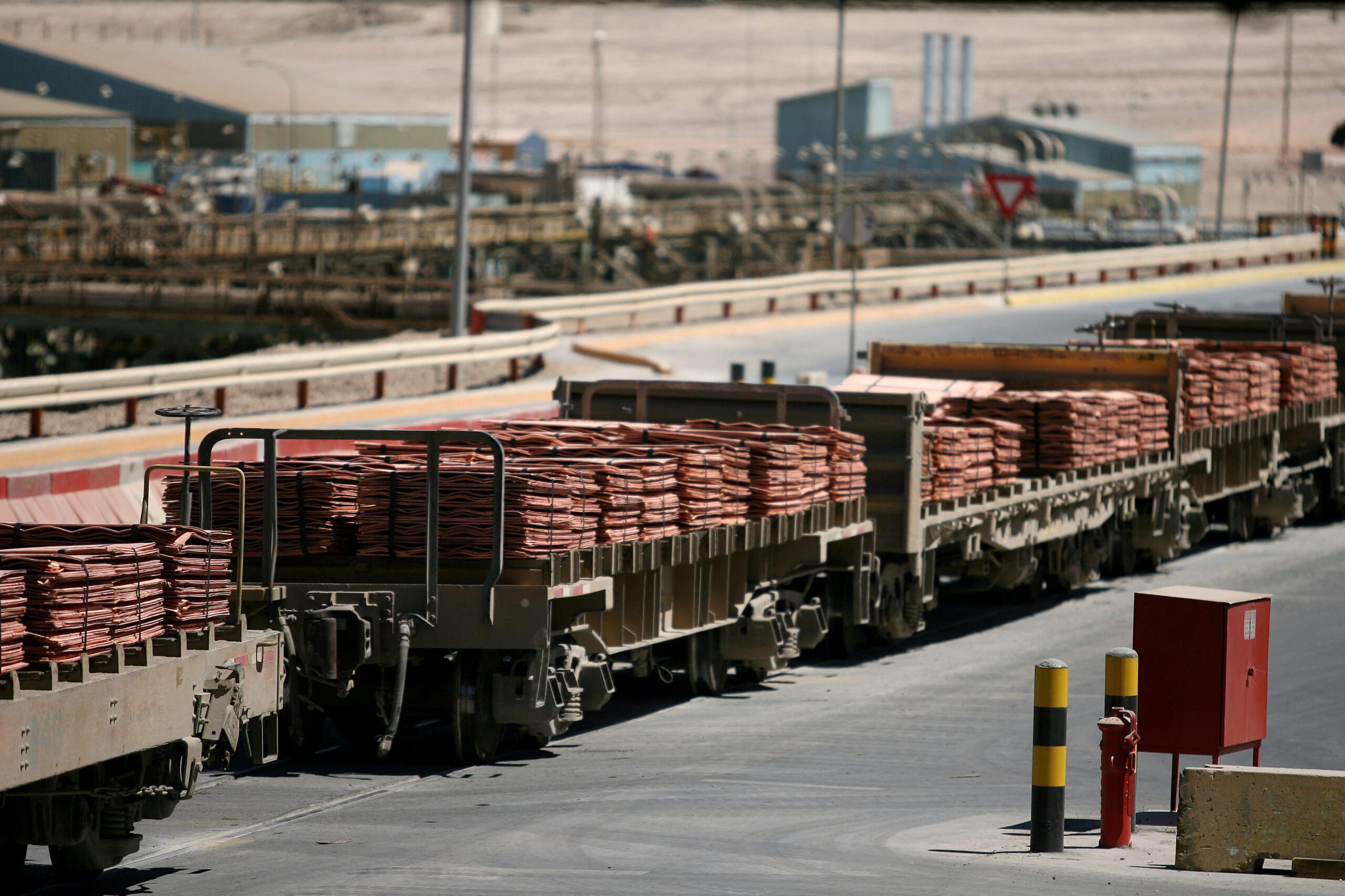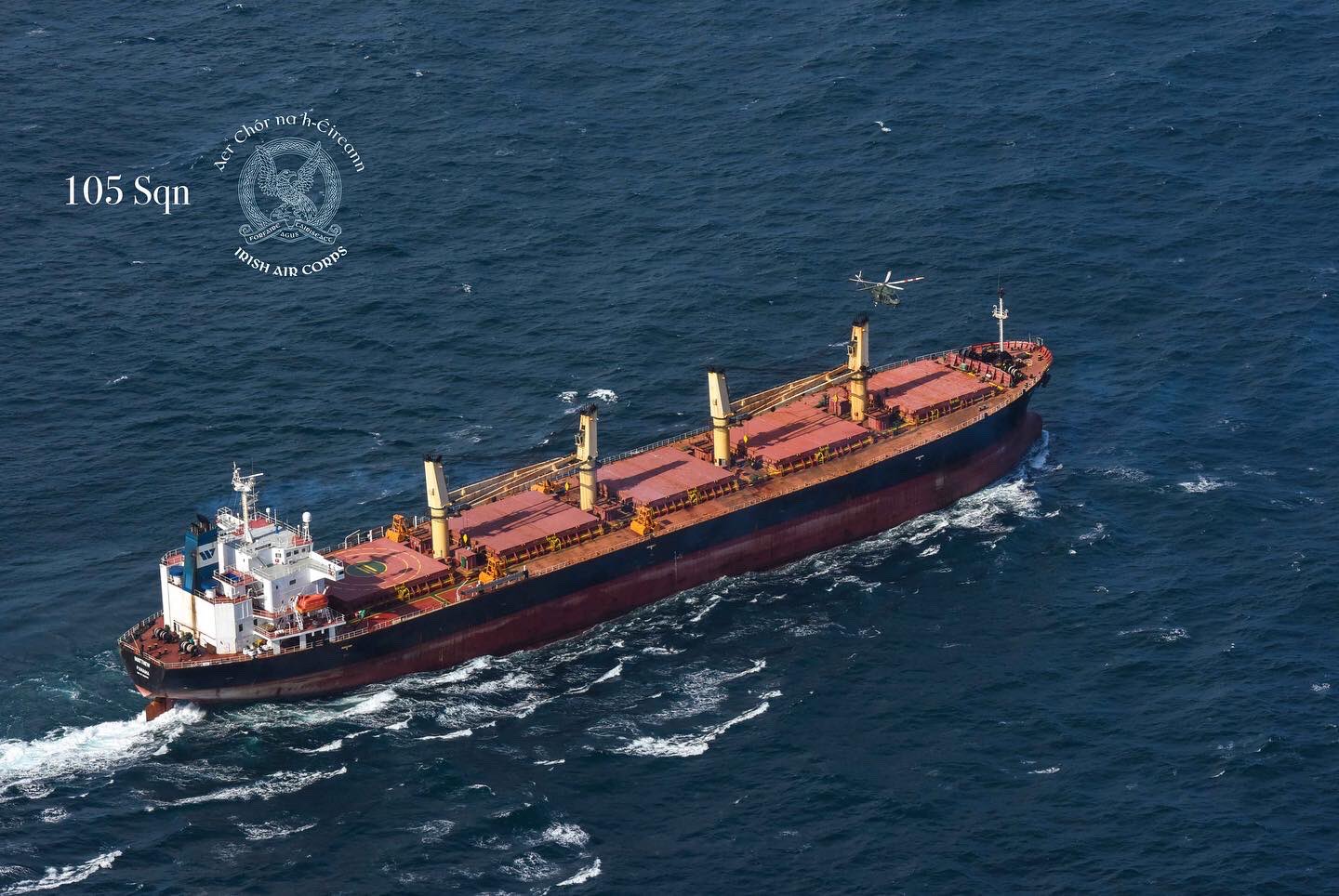The Maersk-MSC pact would have a 35 percent share of the Asia-Europe route, 31 percent of trans-Atlantic trade and 22 percent of trans-Pacific, according to FMC figures. Photo courtesy Maersk Line
 By Keith Wallis and Sabina Zawadzki
By Keith Wallis and Sabina Zawadzki
SINGAPORE/COPENHAGEN, Oct 9 (Reuters) – Top container shipping companies A.P. Moller-Maersk and MSC Mediterranean Shipping Co cleared the last regulatory hurdle to launch a vessel-sharing pact, but companies that use their services voiced concerns, particularly in China.
The tie-up won U.S. approval on Wednesday after four out of five commissioners at the Federal Maritime Commission (FMC) voted not to seek further information from the two shippers about the impact of the alliance on exporters and ports, one of the commissioners told Reuters.
Maersk said the approval had been the last it needed from regulators around the world, including in China and the European Union, and that the alliance would begin operations in January.
Related: U.S. Federal Maritime Commission’s Statement on ‘2M Alliance’ Approval
Under the alliance, the two carriers will pool 185 ships on European, trans-Atlantic and trans-Pacific routes, saving Maersk Line, the container shipping arm of the group, $350 million a year, according to its own calculations. MSC, an unlisted Swiss-based company, has not provided similar figures.
The two carriers control 28 percent of the global container shipping market and even more along some big trade routes, leaving exporters in both Europe and Asia worried about the potential for collusion and anti-competitive behaviour.
“You cannot ignore that Maersk and MSC each already hold a large share of the market, so we think that for China it’s not a suitable arrangement,” the China Shippers’ Association, representing exporters and cargo owners, told Reuters.
The China Shipowners’ Association warned it would monitor the alliance.
“The moment it shows signs it could damage consumers’ interests or disrupt market competitiveness … we will vigorously complain and ask the government to get involved,” Zhang Shouguo, vice-president of the association, said.
CALLS FOR MONITORING
Approval of the alliance follows the rejection in June of a larger ‘P3′ venture involving Maersk, MSC and France’s CMA CGM by China’s Ministry of Commerce on competition grounds.
Maersk has said the smaller alliance needed only to be registered with the Chinese Ministry of Transport and did not need approval from the Ministry of Commerce. On Thursday, a Maersk Line spokesman said the registration was complete.
He also said that while the alliance’s market share on the Asia-Europe trade routes amounted to 32 percent, which is above a level that would trigger a regulatory review by the European Union, Maersk had concluded that the alliance complies with EU rules.
That statement appeared to indicate that the overall EU market share, including routes across the Atlantic, is below the 30 percent trigger point, although Maersk Line would not cite a figure.
Container shipping lines have sought to pool resources in response to overcapacity and low freight rates, which have beset the industry since the financial downturn in 2008.
Sixteen of the world’s top container lines, which control over 76 percent of global shipping capacity, are grouped in four existing or planned alliances.
Maersk and MSC said the alliance would cut costs for shippers and reduce harmful emissions.
“In our view, this is a win-win situation. Due to a larger and more cost-efficient network, we can continue to provide our customers in North America, Europe and Asia competitive and reliable container shipping services,” Vincent Clerc, chief trade and marketing officer at Maersk Line, said in a statement.
The Maersk-MSC pact would have a 35 percent of the Asia-Europe route, 31 percent of trans-Atlantic trade and 22 percent of trans-Pacific, according to FMC figures.
Richard Lidinsky Jr, the only FMC commissioner to vote against the alliance, told Reuters he thought the Commission should establish a vigorous monitoring system for the alliance.
The European Shippers’ Council wrote to the FMC last month saying the alliance would “create a huge player that will be in a position to have such a power that they can distort the market for the purpose of price increases”.
The Asian Shippers’ Council, which represents 20 national and regional exporter groups, said watchdogs such as the FMC and China’s Ministry of Commerce should toughen regulations on shipping alliances. (Additional Reporting by Brenda Goh; Editing by Richard Pullin and Jane Baird)
© 2014 Thomson Reuters. All rights reserved.

 Join The Club
Join The Club











